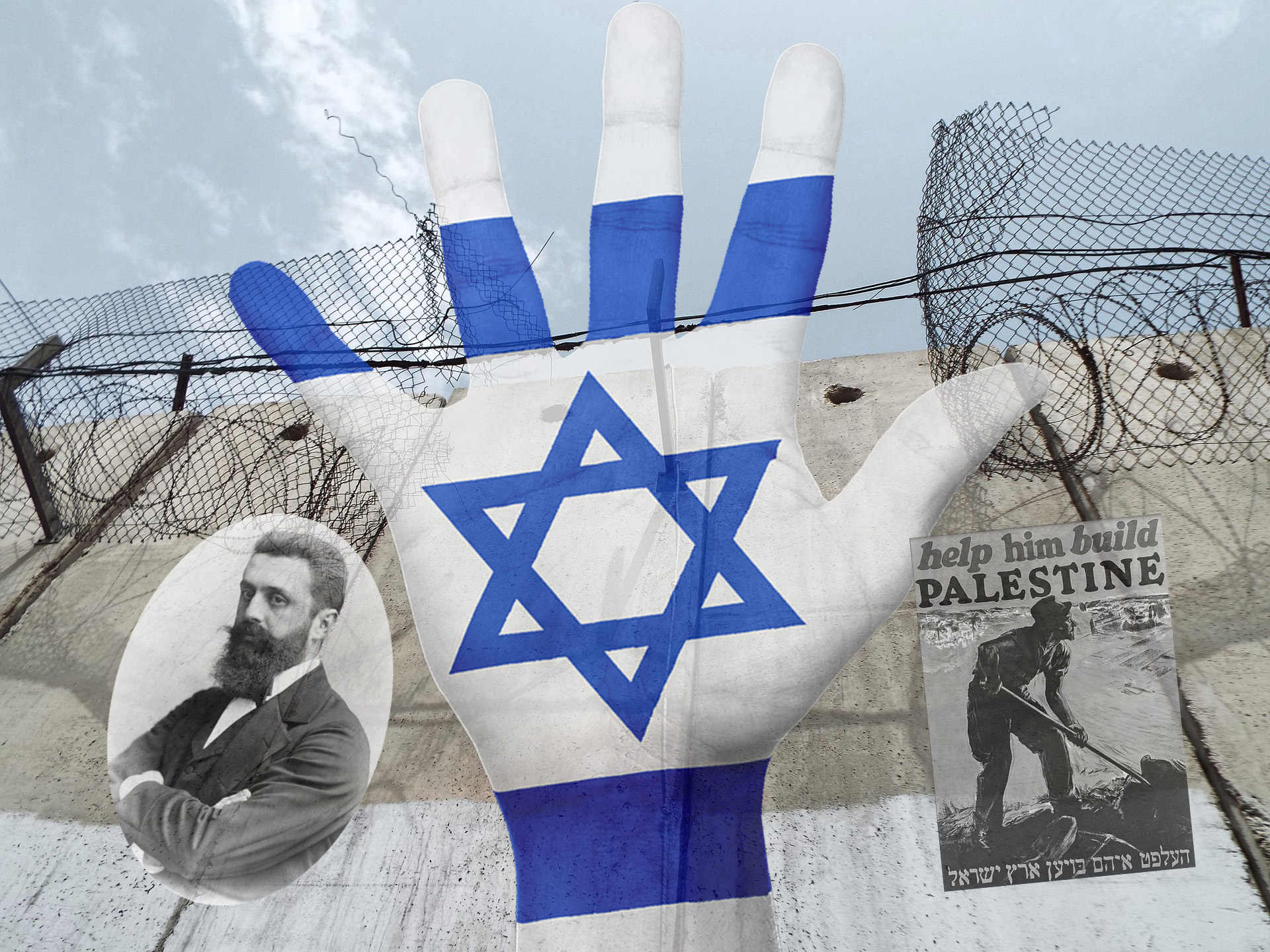“Be Here Now” by Ram Dass has inspired countless individuals during its five decades of continuous publication. Those three words may be the best advice for how to approach the Israel-Palestine conflict.
Recent conversation in Jewish media spheres has revolved around Peter Beinart’s essay supporting a bi-national one-state solution, and various immediate responses were zealous. These critiques, such as this reply from Yehuda Kurtzer, generally fall under some narrative-obsessed attempt at crafting a past-continuous usage of Zionism. These critiques spend ample time addressing history and hypothetical futures, imploring readers to embrace some definition of Zionism that the author finds politically expedient, while failing to address the present.
Other responses to Beinart have been in a different vein. Haaretz published an op-ed from Anshel Pfeffer stating that the main problem with the plan is simply that there is no way to vote for it. Gideon Levy’s op-ed three days later even commends Beinart’s pragmatism. The common thread in all of this is the same: not enough people actually care about ending the conflict, and too many would rather talk about Zionism than create real change.
It would confuse most Americans to be asked “Are you a Seperatist? Do you support the colonial occupation of native land?” America was declared generations before you were born, so why would you be asked about your support for its founding?
This is how I feel when asked if I am a Zionist.
As an illegitimate child, claims of Israel’s legitimacy have never concerned me. I can identify that both of us exist, whether or not we were born into the world under perceived authority. Even if there was a malicious ideology that caused either of us, Jewish bastards both, it would not be relevant in addressing our current transgressions.
Today there are fourth generation Israelis living in homes once owned by Palestinian families that have not been to the land in just as long. There are 6 million refugees fulfilling centuries of prayer for return to Israel displacing 6 million refugees with decades of pain of separation. Both these peoples’ histories are tragic, even with their differing lengths, and I find no benefit in comparing their pains to justify any action.
“Kol beseder?” “Beseder, Beseder” A stranger and I exchanged as they drove past my lonely stumblings of a city entirely unfamiliar to me. I came to Israel like many others: for safety from anti-Semitism at home, for work, for hopes of a spiritual awakening, and for the travel experience I had spent my childhood hearing about from every angle. Walking into Tel Aviv from Bat Yam in the wake of Ethiopian protests, seeing the clear divides of culture and class as I went, I could not help but to think of my native Baltimore, of red lining, of institutional racism from an imperial state. I could not help but draw countless comparisons between two states which pride themselves on immigrant histories yet suffer deep xenophobia. The land may be of milk and honey, but the state I found myself in for the first time after generations of diaspora is from a cloth I have draped myself in since birth, a cloth I am familiar to as my own skin.
I am not concerned with the Zionist ideology that led to the current moment, I am concerned with being here now. I am concerned with children stripped of childhood’s naivete by bombings and bomb shelters alike. I am concerned with those forced through guarded checkpoints to simply commute to work, and those forced to spend their nineteenth year of life in sweltering heat sorting commuters from people so enraged as to threaten their safety. I am concerned with access to education, clean water, electricity, and uncensored information. I am concerned for those living without access to real elections under Hamas, and those barred from countless elections in Israel. Call it pragmatism, realism, or realpolitik; I find it more expedient to start my discussion in the conditions of today than an ideology that lost relevance before I was born.
Israel is. Regardless of the merits or horrors of its beginning, the situation is. The conflict is.
Let us talk about what is, in the present. To talk of philosophy is a privilege we cannot afford ourselves if we truly wish to bring people out of suffering as soon as possible.
Zionism is distracting us.
Now start here.

